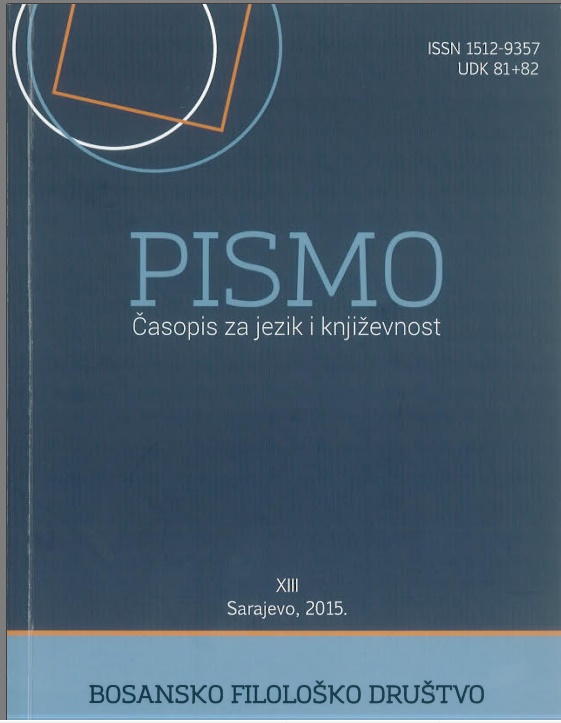POGLED NA MISAO OMERA HAJJAMA NA ISTOKU I ZAPADU
PERCEPTIONS OF OMAR KHAYYAM’S IDEAS IN THE EAST AND WEST
Author(s): Yousef Mohammad NejadSubject(s): Language and Literature Studies, Comparative Study of Literature, Middle-East Philosophy, 6th to 12th Centuries
Published by: Bosansko filološko društvo
Keywords: The Rubaiyat; wine; inebriation; asceticism (zuhd);
Summary/Abstract: Omar Khayyam Nishapuri, a renowned Iranian philosopher, mathematician, astronomer and poet of the 12th and 13th centuries, is considered one of the best-known Iranian poets, along with Jalaluddin Rumi and Hafez Shirazi.His poetry has been translated into many languages, including English, German, French, Italian, Spanish, Russian, Japanese and Arabic. Although he was primarily a mathematician, philosopher and astronomer, it was Khayyam’spoetry that earned him world renown, despite the fact that his contributions in poetry and literature were scant—Khayyam wrote fewer verses than any other well-known Persian poet. Moreover, the literary merit of his poetry is not greater or more significant than that of other poets. When we compare the total number of rubaiyat written by Khayyam—178 or fewer (there is a suspicion that many of these poems were written by others)- with the approximately 160,000 couplets written by Firdousi in his Shaname, or the number of verses in Mawlana’s Mathnawi and Diwan, we can see the position Khayyam occupies in Persian poetry. Nevertheless, Khayyam is more popular globally, especially in the West, than the most famous Iranian poets. This raises the question: what peculiarity of his Rubaiyat and ideas made him popular, first among Iranians, and then internationally, especially in Europe? The goal of this paper is to examine the results of different interpretations and analyses of Khayyam’s Rubaiyat present in Western societies, and to investigate the reasons and conditions that caused his great popularity therein.
Journal: Pismo - Časopis za jezik i književnost
- Issue Year: 2015
- Issue No: 13
- Page Range: 91-109
- Page Count: 19
- Language: Bosnian

